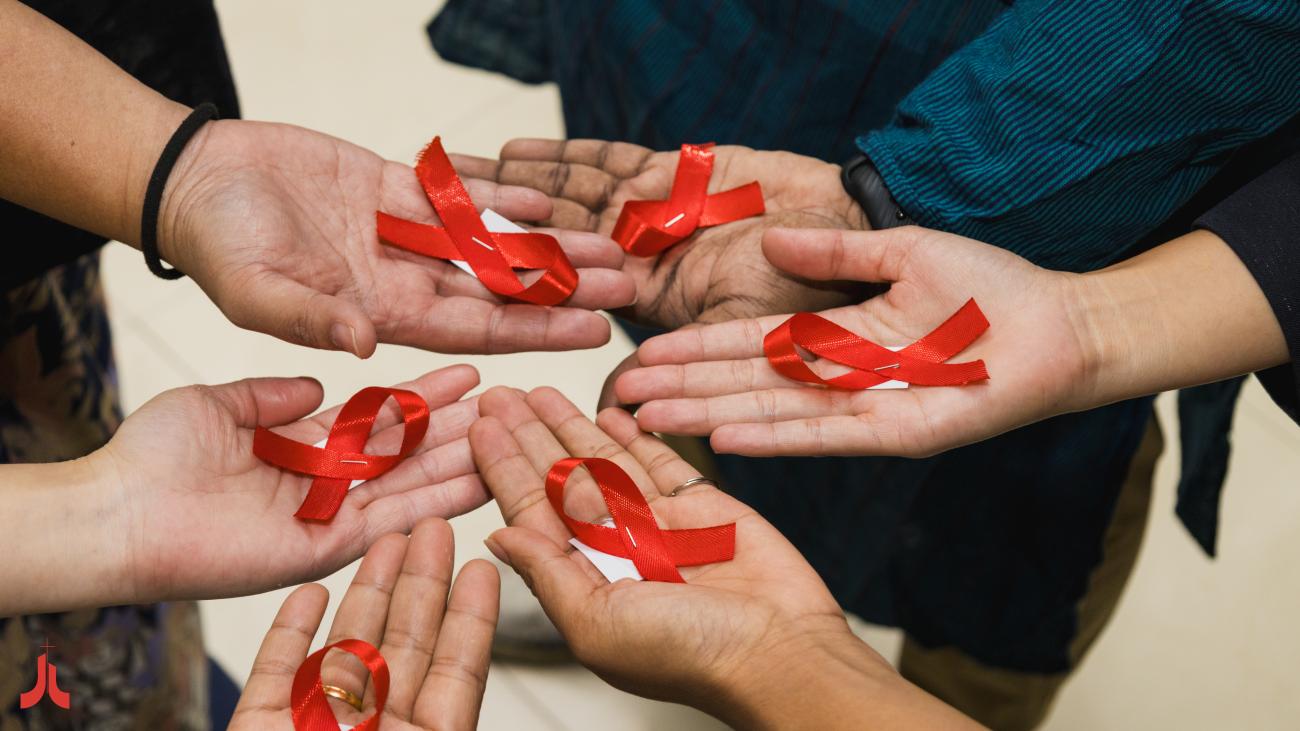CCA observes World AIDS Day 2024 with renewed call to ‘Take the Rights Path’

Chiang Mai, Thailand: The Christian Conference of Asia (CCA) observed World AIDS Day on 1 December 2024 with a resolute reaffirmation of its commitment to upholding the rights and dignity of individuals living with or affected by HIV.
The theme of World’s AIDS Day-2024 ‘Take the Rights Path’, emphasises the importance of prioritising human rights and empowering vulnerable communities to lead the fight against AIDS.
In a statement released today, the CCA General Secretary, Dr Mathews George Chunakara, underscored the urgent need for a rights-based approach to achieve the global goal of ending AIDS as a public health threat by 2030.
“By taking the rights path, we affirm that protecting human dignity is fundamental to ending AIDS”, Dr Chunakara stated, urging churches and Christian communities across Asia to strengthen their efforts in addressing the epidemic.
The statement placed particular focus on the rights of children and teens living with or affected by HIV. Despite global progress, the alarming rise in new HIV cases in Asia highlights persistent gaps, with many young people still denied access to essential, age-appropriate services.
The CCA General Secretary called on its member councils and churches to strengthen initiatives, responses, and services for future generations. “Human dignity and rights are equal for all generations, and it is our responsibility to create an environment that supports and nurtures children and teens”, asserted Dr Mathews George Chunakara.
Dr Chunakara also called for the abolition of laws that infringe upon human rights and the enactment of policies that protect vulnerable communities. Reiterating the CCA’s commitment to fostering collaboration, he stressed the need to create safe spaces, ensure access to essential services, and build a more inclusive world.
“Taking the rights path means being the change we wish to see. Together, we must uphold our values and continue our efforts to empower the next generation to live with dignity and hope”, added Dr Chunakara.
This year’s observance of World AIDS Day by CCA coincided with the conclusion of the Regional Consultation on ‘Towards Enhancing Social Protection Measures for HIV Affected Children and Teens in Asia’, organised by CCA as part of its Action Together in Combating HIV and AIDS in Asia (ATCHAA) programme.
The three-day consultation, which brought together 46 participants from across Asia—including medical professionals, social activists, community health workers, members of PLHIV networks, and representatives from various faith-based organisations—concluded on 1 December with a special World AIDS Day worship service.
Participants explored strategies to scale up responses to HIV in children and teens, emphasised safeguarding their human rights as essential for sustainable development, and discussed how churches could develop effective, faith-based responses to the epidemic.
The full text of the CCA General Secretary’s Statement on World AIDS Day 2024 can be found here:
For photos of Day 3, please click here (photo gallery)










